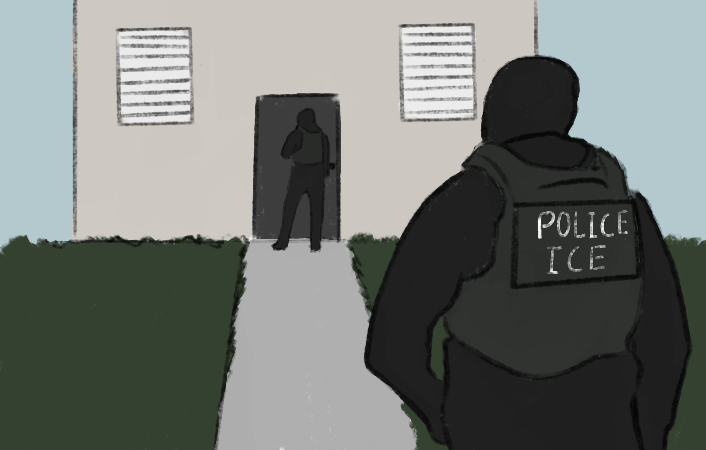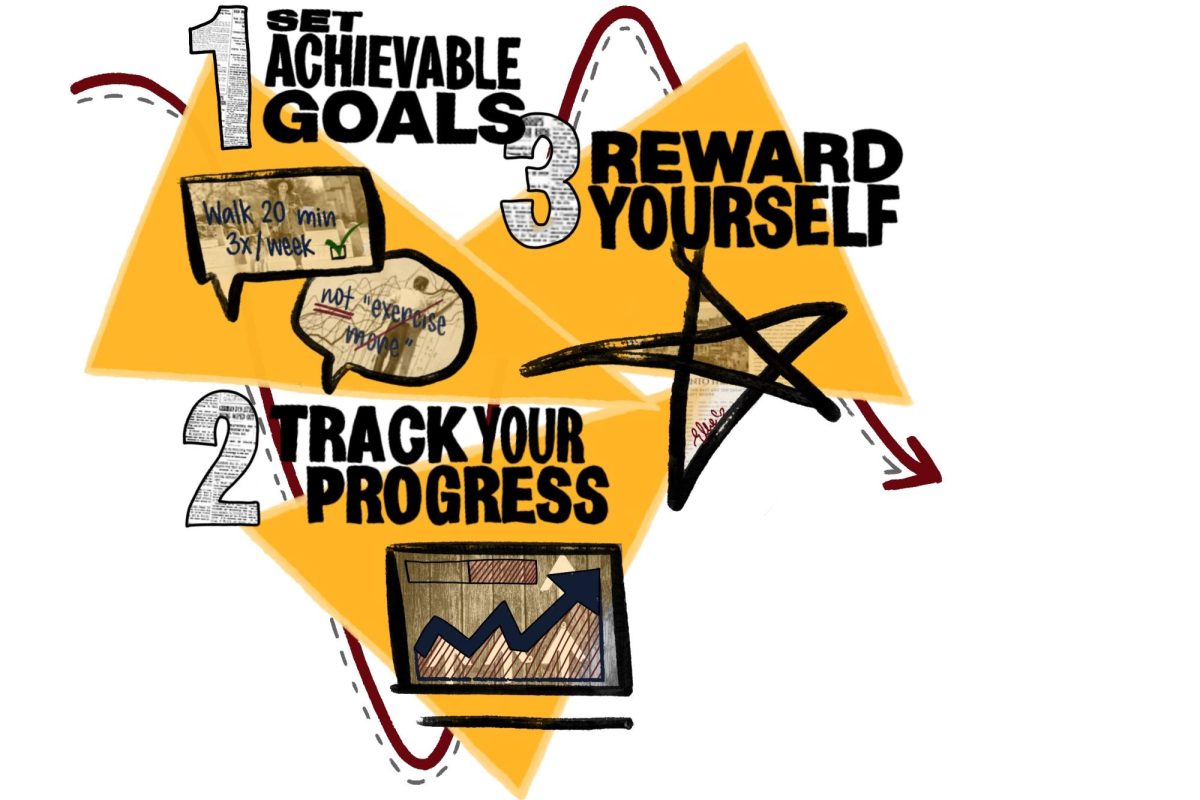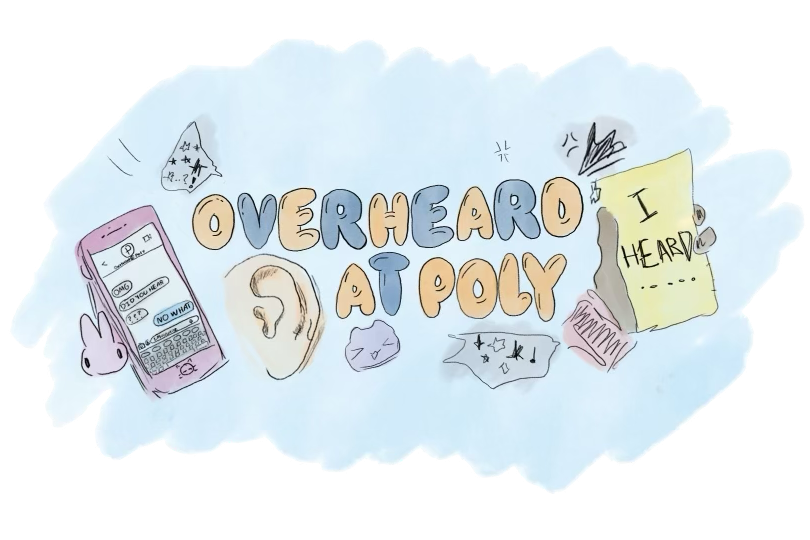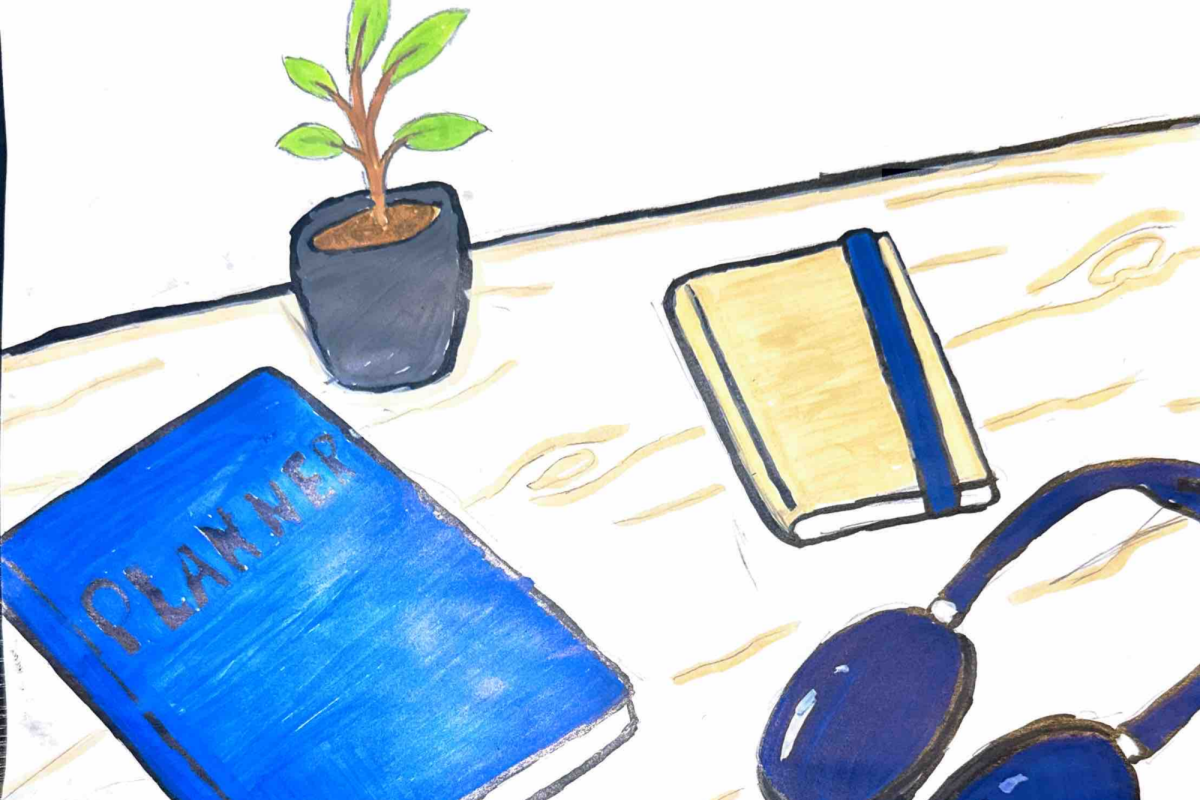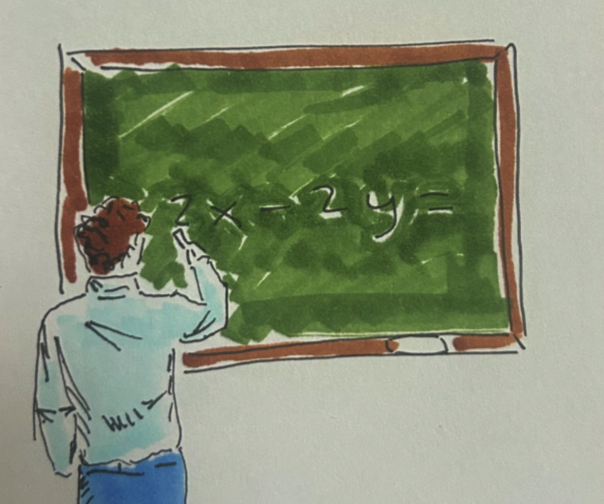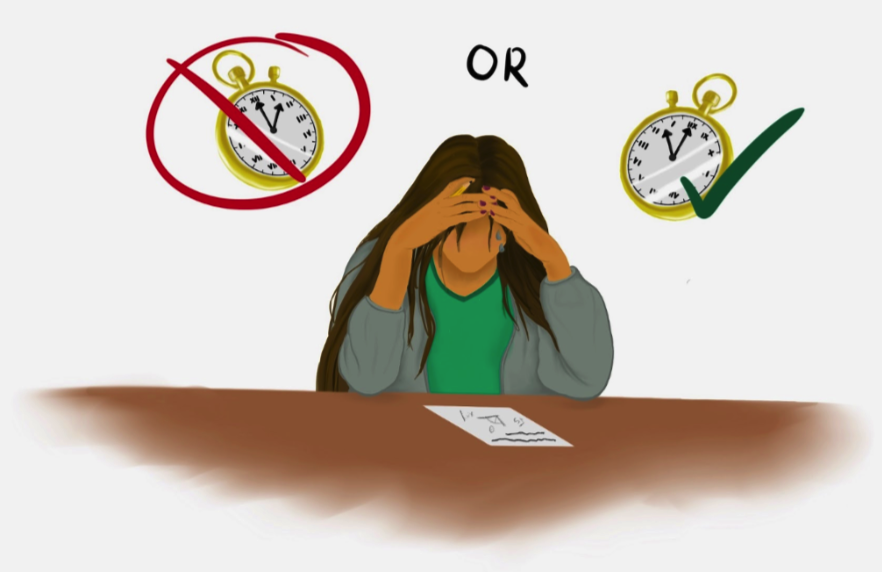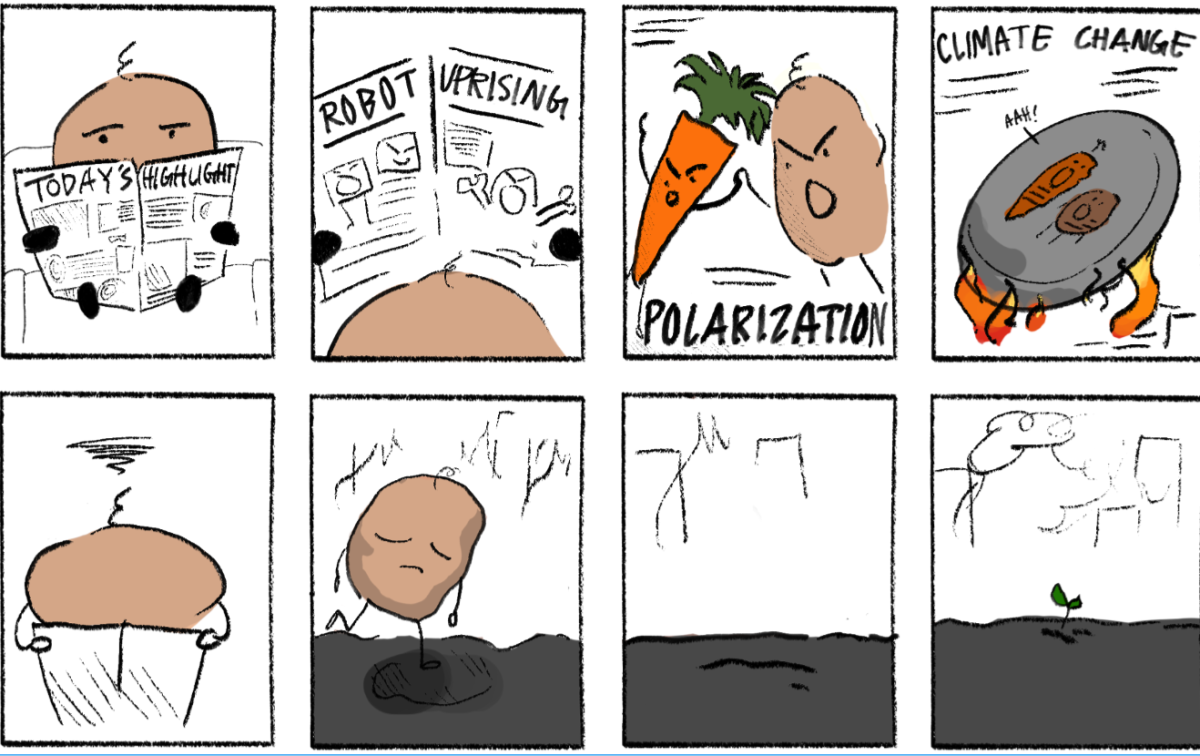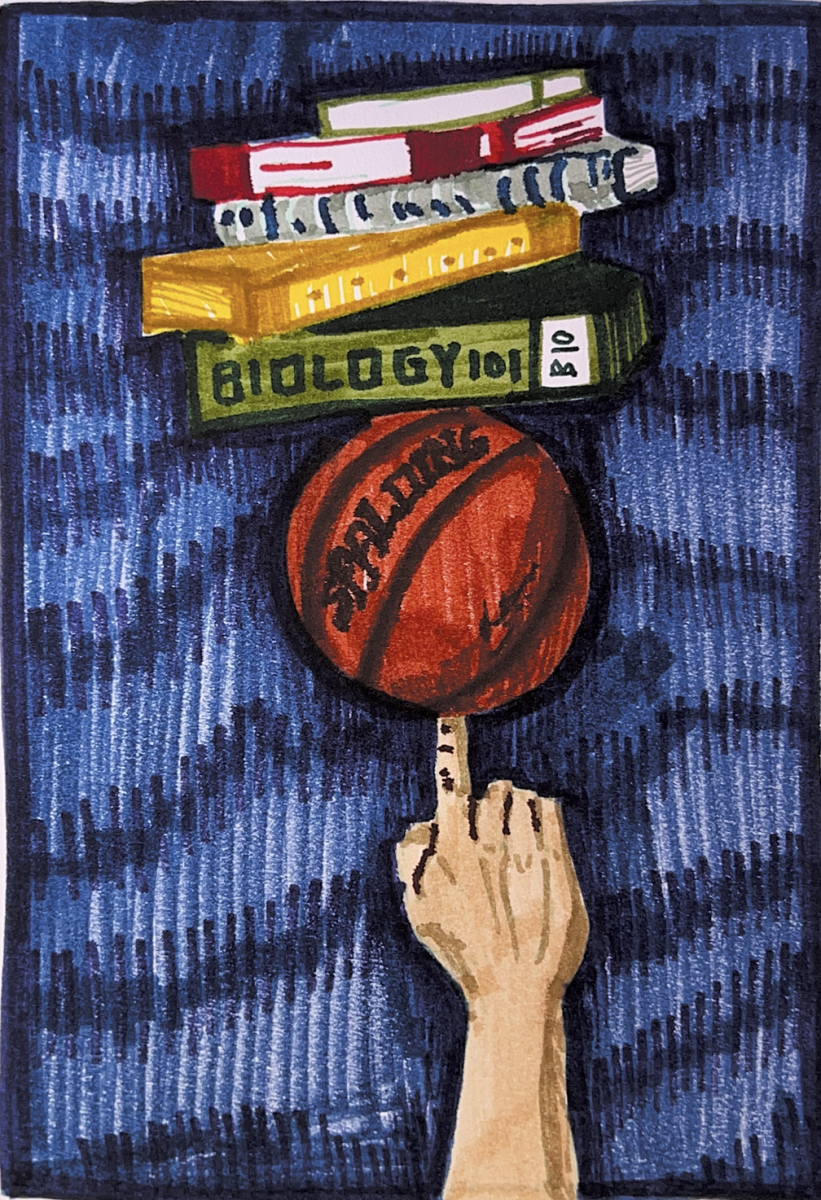Everybody remembers writing a book report in 3rd grade.
You read a book of your choice, think about something to say and make a diorama or poster board. Later, the reports become more rigorous. In middle school, you might start to write essays on independent reading, but all of a sudden, in high school, they’re gone.
At Poly, at least, students don’t have the opportunity to write book reports on independent reading, but they should be. Continuing book reports would reinvigorate the enjoyment of reading and increase literacy. I propose that, a couple of times a year, students should be required to compose a report on a book they read outside of class. This report might look different depending on the class. It could be as simple as a short talk about the book, or it could be an entire essay. Either way, students would get to choose what they read. This would not only encourage students to read more but also give them the chance to figure out what genres and styles they enjoy reading.
Reading comes with many benefits. According to the Princeton Review, reading is one of the best ways to expand your vocabulary. Furthermore, reading improves writing skills. In an interview, Upper School English Teacher Laura Marion mentioned how she can sense a decline in students’ reading through their written pieces: “I noticed [their lack of reading] first in their writing. Their vocabulary and spelling were much worse.” She also mentioned how students’ structure and sense of narrative also decreased when they read less. Often, it can feel difficult to find time to read outside of the classroom.
With so many things competing for our time and attention, reading no longer feels like a priority. I know for me, it’s not that I hate reading; I simply don’t get to do it as much as I’d like because I end up doing other things. Additionally, once I’m finished with homework and extracurriculars, it’s so much easier to watch TV, play a video game or look at my phone. Sometimes, a light nudge might be what we need to start reading again. A good part of this is inertia. Once you start reading a good book, it’s just as hard to stop as it was to start reading it in the first place. Book reports would expand reading because they would disrupt that inertia and replace it with good habits. Students will be forced to read, but they’d be able to read whatever they want to. Because of this, they’ll end up finding the books they like and start enjoying reading more. It may not be that everyone likes reading, but I think many more people would if they only spent the time to find the things they want to read.
For this to work, though, students must have the option to choose what they read. It would allow them to find their preferences and explore them rather than simply being forced to read specific books they may not enjoy. However, simply finding the time in the curriculum isn’t enough.
A study by the Educational Research Review found that when allotting time to individual reading, the program struggled because it lacked accountability and a way to interact with what they’ve read. When these factors were addressed, the study found a measurable increase in reading rates and enjoyment. Mandating a report is a way to solve both of these problems. It would ensure that the students are actually reading, and it would also allow students to talk or write about what they’ve read. Even if students don’t grow to enjoy reading, they still reap the innate benefits of reading. They will still absorb the vocabulary and grammar, and it will benefit them in the long run. Book reports wouldn’t just make people read more; they’d teach people to analyze text on their own, improving their critical thinking skills.
When asked about the purpose of English classes, Ms. Marion responded, “The goal is to do close analysis because it’s about analyzing language. We use so much language in the world. It’s how we communicate.” In English class, however, we often focus on analyzing books that we read together for the class. That’s good practice, but as a result, we end up learning the teachers’ analysis of that book without getting a chance to apply these skills on our own.
By analyzing or thinking about things we read on our own through book reports, though, students can develop their own critical thinking skills, which they can carry into their daily lives as they interact with the world.


